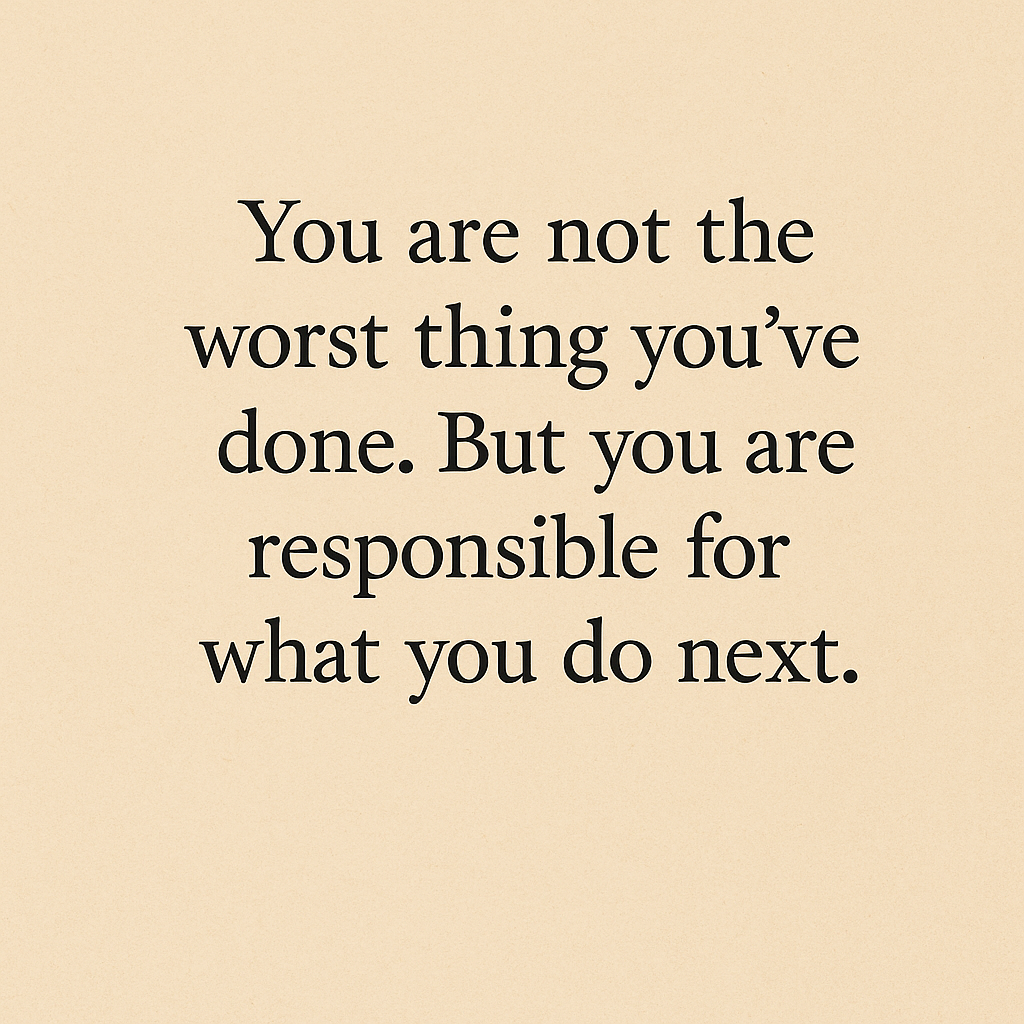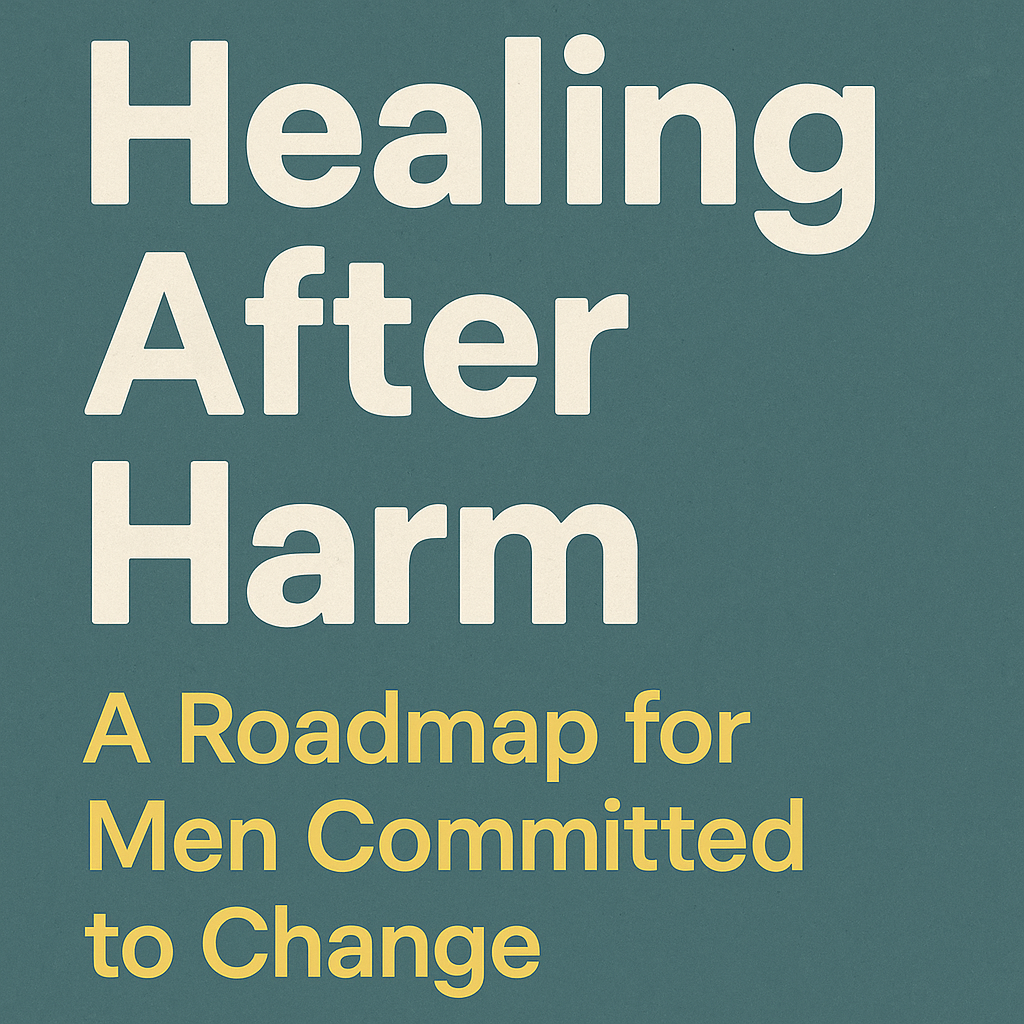Introduction
Owning your mistakes is not weakness—it’s strength. In a society that conditions men to value dominance, pride, and control, the idea of apologizing sincerely can feel like surrender. But what if apology isn’t about losing power but regaining integrity? This article is for men who have caused harm and want to take honest steps toward making things right. Whether you’ve hurt someone emotionally, broken trust, or acted out in a moment of anger, change is possible—but it begins with radical self-honesty, accountability, and courage.
1. Acknowledging the Damage
The first step is often the hardest: facing what you’ve done without denial, minimization, or justification. This isn’t about “getting her back” or proving you’ve changed. It’s about truly understanding the impact of your actions.
Saying “I didn’t mean it” or “You misunderstood me” deflects responsibility. Instead, name what happened: “I yelled at you in anger, and that was wrong.” Let the hurt person have their feelings. You don’t get to choose their reaction.
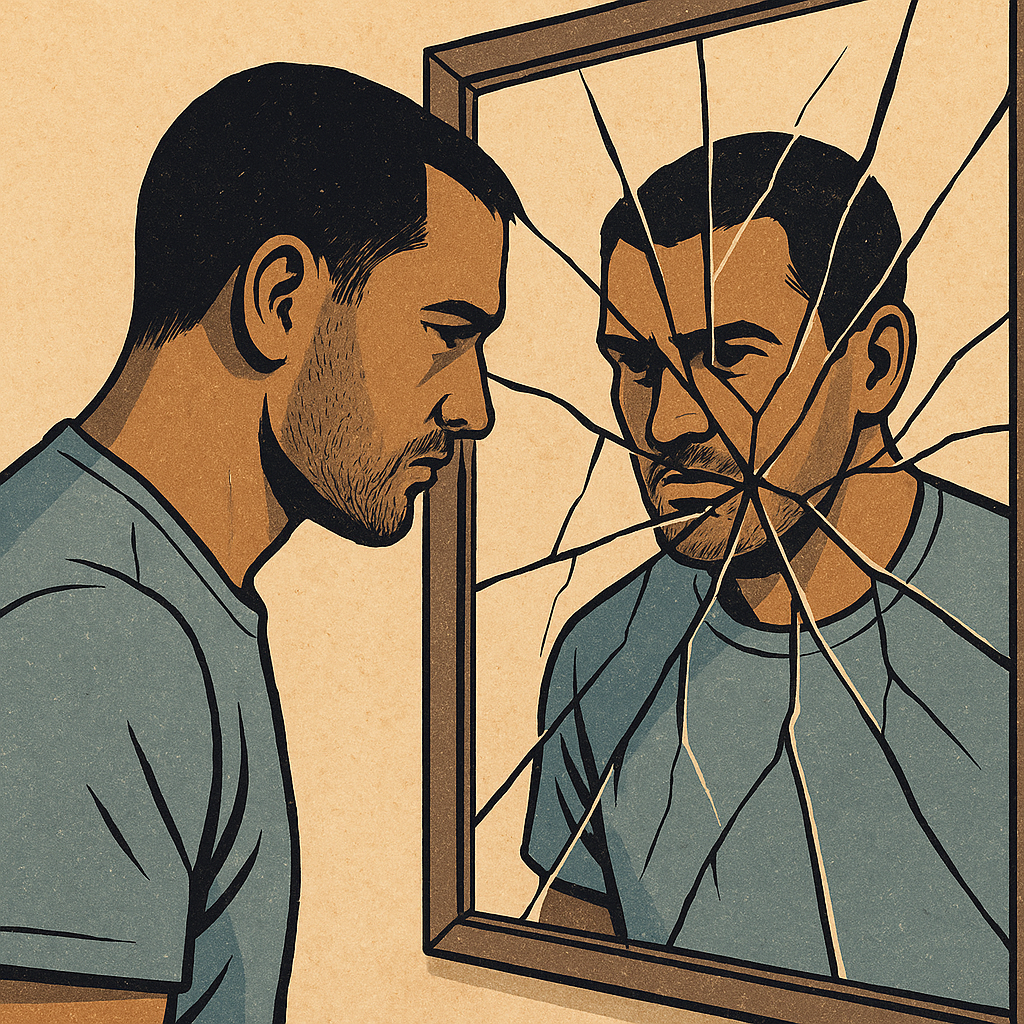
2. Understanding the Roots of Your Behaviour
We don’t just wake up one day and cause harm. Often, these patterns stem from unhealed pain, poor emotional regulation, or societal conditioning.
Maybe no one taught you how to handle anger. Maybe you witnessed violence as normal growing up. Maybe you’ve carried trauma you never named. None of these justify harmful actions—but understanding them is vital if you’re serious about change.
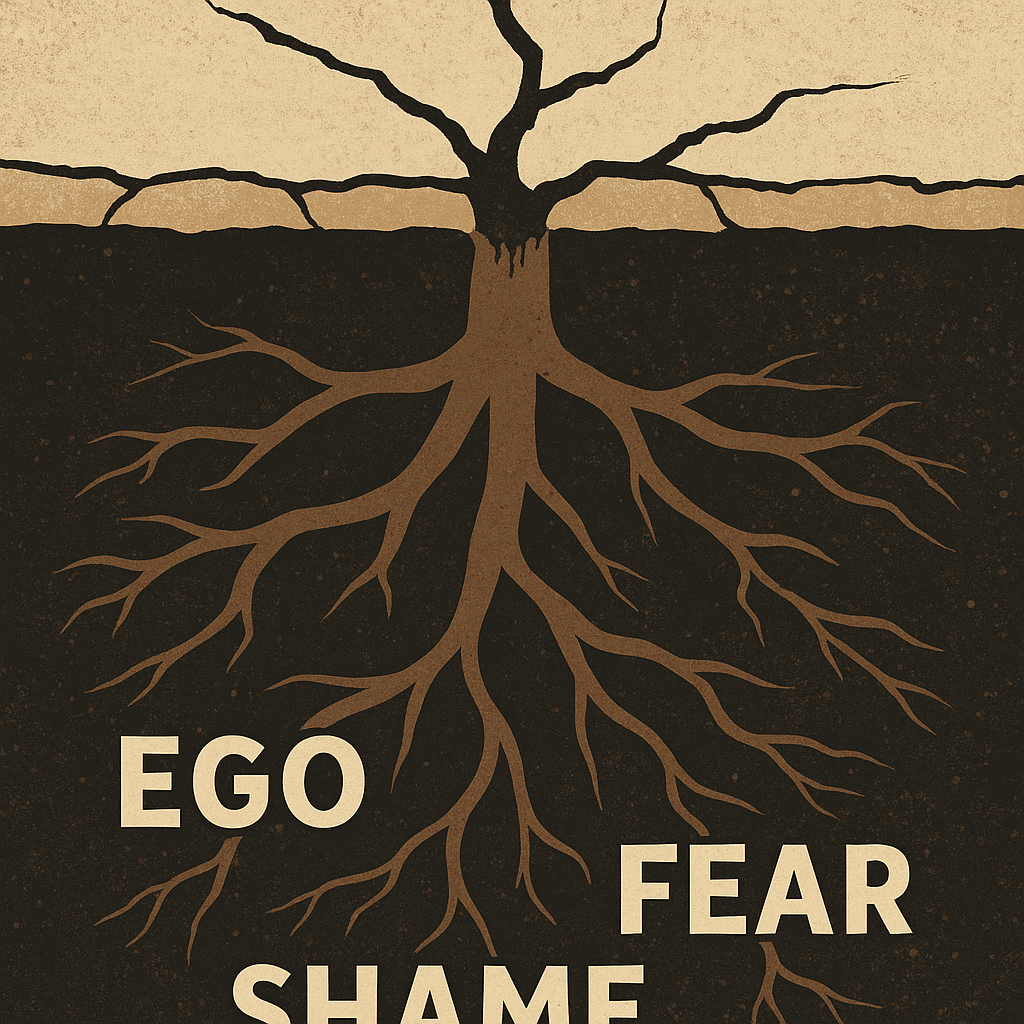
3. What Real Accountability Looks Like
Accountability means owning the impact of your behavior without needing praise, forgiveness, or understanding in return. It’s about saying:
- “I did this.”
- “It was wrong.”
- “I understand how it affected you.”
- “I’m taking steps so it doesn’t happen again.”
No excuses. No “but you also…”. No victim-blaming. A real apology isn’t about you feeling better—it’s about the other person feeling seen and respected.
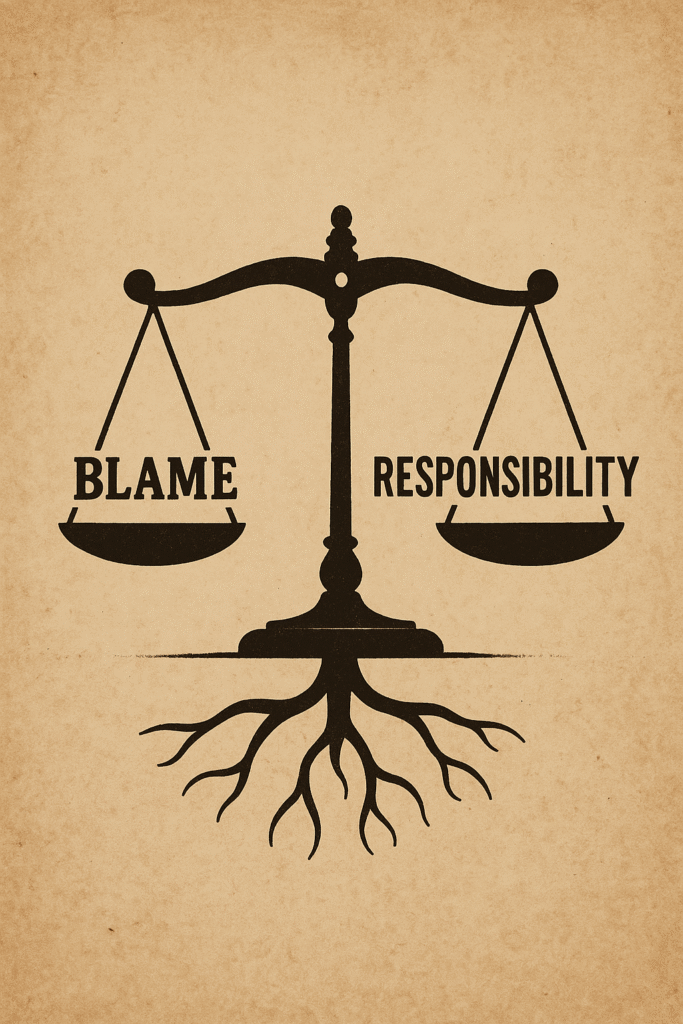
4. Seeking Professional Help Isn’t Weakness
If you’re repeating harmful behaviors or struggling to regulate your emotions, therapy or group support is not optional—it’s essential. You can’t undo harm alone, and you shouldn’t try.
Look into:
- Anger management programs
- Domestic violence behavioral change groups
- Trauma-informed therapy
- Men’s accountability circles
This is not punishment. It’s repair work—for your future self, your relationships, and your community.
5. Learning New Patterns of Behaviour
Wanting to change isn’t enough. You have to learn how to change. That means:
- Practicing mindfulness and emotional self-awareness
- Using tools like journaling, breathing exercises, and self-check-ins
- Building empathy through active listening
It’s not about suppressing your emotions—it’s about owning them without turning them into weapons.
6. Rebuilding Trust (If Appropriate)
Not everyone will want to rebuild. Some people won’t forgive you. That’s their right.
If someone is open to reconciliation, understand it will take time and consistency. One apology won’t fix years of damage. Trust is rebuilt through repeated safe behavior, not promises.
Let go of control. Respect boundaries. If she says, “I need space,” that IS the boundary. Respect it.
7. Making Amends Through Action
Verbal apologies are the start. Actions are the real apology. That might mean:
- Replacing something broken
- Paying for therapy for the person harmed
- Taking care of your mental health
- Volunteering or mentoring others to prevent harm
Even symbolic gestures matter. A hand-written letter. Showing up to advocacy events. Publicly acknowledging past behavior. Not to perform—but to grow.
8. Conclusion: You Are Not What You Did—But You Are What You Choose Next
Making a sincere apology doesn’t make you weak—it makes you human. Change isn’t instant. It’s a process of daily choices, humble learning, and confronting your past without letting it define your future.
You’re not here to “look good.” You’re here to be better. That means:
- Stop centering your pain
- Start showing consistent care
- Lead with empathy, not ego
- Follow through when no one is watching
You may never erase the harm—but you can ensure you never cause it again. That’s where the real apology lives.
